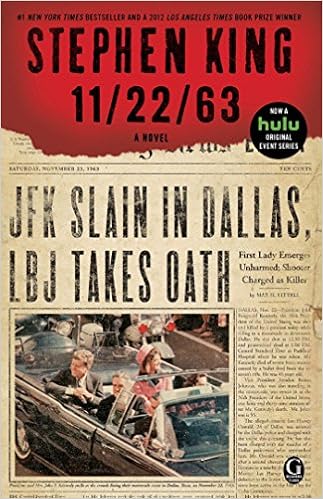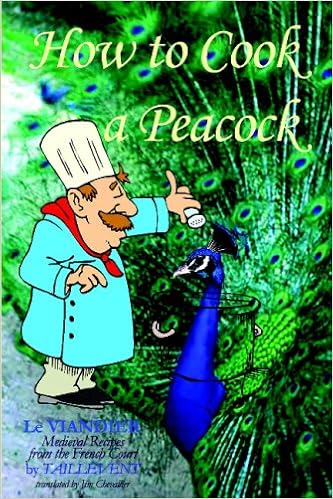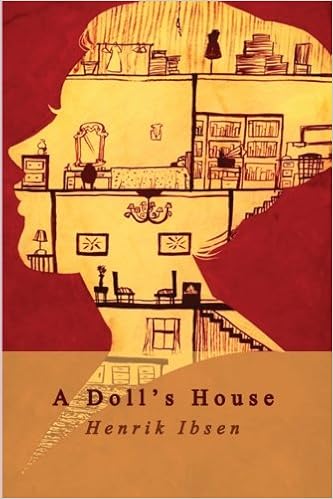 I’ve been thinking about the phrase “Apres Moi, le deluge.” It means, roughly, “After I go, everything’s coming down” and if everything refers to leaves, the "deluge” is lugin’ . It’s amazing. I mean, if deciduous trees were water, my address would be “Alabama River". Now this front's blowing in and my river of leaves has turned into Niagra Falls. Why send me more foliage to rake away, God? Don't I have enough to clean up already?
I’ve been thinking about the phrase “Apres Moi, le deluge.” It means, roughly, “After I go, everything’s coming down” and if everything refers to leaves, the "deluge” is lugin’ . It’s amazing. I mean, if deciduous trees were water, my address would be “Alabama River". Now this front's blowing in and my river of leaves has turned into Niagra Falls. Why send me more foliage to rake away, God? Don't I have enough to clean up already?Luckily, I’ve been a rake warrior for most of my life. My hometown was blessed with a ton of elm trees and every fall brought the Battle of Leaves, where each family’s goal was to get those discarded solar panels of photosynthesis off of the grass and over the curb before rain and time glued them to the earth. There was an undeclared neighborhood competition for the cleanest autumn yard and ours usually came in dead last. Oh, my mother, sister and I would comb leaves from the of crabgrass, but our lawn never looked better than “lived in”.
The best lawn on the street was next to ours, an unsullied, emerald crew-cut of grass that was perfect because our neighbor lady removed each leaf as it fell to earth, picking them up with two fingers and placing them in one of the garbage cans she washed out every other week. Although her behavior seemed silly to me at the time, I think I understand it a bit better now and not just for health-related reasons. In tidying her yard, our neighbor was caring for the smidge of earth she recognized as “home” and that care was an overt act of love.
As children, we learn to store away our toys before sleep. The practice saves toys (and bare feet) from mishaps in the night and the toys can be found the next day. By removing the fallen leaves, my neighbor was preparing her yard for its annual nap. While daylight was waning, birds were boarding their migratory flights and other mammals were settling down for their sleep, she was scooping up those last souvenirs of summer – the leaves – and preparing her lawn for the winter season so nothing could obscure the sunlight when it shone on new grass in the spring.
 |
| Some more summer to clear away before sleep |
It’s a wonderful act of symbiosis to care for the land that nurtures and shelters us in return. So I rake my leaves and tidy the yard, like a parent straightening the toys and bed covers in a beloved child’s nursery. Once my yard's bedtime preparations of late autumn are finished (which include multiple requests for water but no reading aloud) it will settle into its season of somnolence. Then, I’ll go back in the house, we’ll all snuggle down and dream dreams of warmth till the Spring.










































